Topic: 15 Easy Ways to Speed Up Your WordPress Site (Ultimate 2024 Guide)
Everything in today’s digital world revolves around speed and efficiency. If your website takes longer to load than it should, it’s obvious to assume that your visitors and bottom line will be negatively impacted.
Many developers, websites, and company owners are now aware of this fact and are asking how to speed up your WordPress websites. If you’re also one of them, you must pay attention to this article.
Do you know, that around 43.3% of websites on the internet are currently powered by WordPress? Unfortunately, WordPress does not make it simple to provide your web pages‘ fast-loading efficiency.
But rest assured we’re here to tell you that there are many ways to boost the performance of your WordPress website including all web pages.
And the best thing is that you can start implementing most of them right away. So let me share with you 15 Easy Ways to Speed Up Your WordPress Site.
This isn’t just another web article to provide you with a top 10 plugins list or some tricky hacks but it is an ultimate guide to speed up your WordPress site with 15 easy & effective tips.
We will cover everything about why site loading speed is essential. how it influences search engines to rank at positions as well and how it brings you massive traffic & revenue. So without further delay, let’s get started!
Why Do Fast Websites Win?
Google recommends that your website must load within two seconds. If your website can’t load within this tiny period, your visitors will start shifting to other websites.
Search engines, such as Google, consider page performance as a ranking factor. The faster your website loads, the more potential it is to rank at the top 10 SERPs.
1. User Experience
According to researchers, the average human attention span has decreased from 12 seconds to 7 seconds between 2000 and 2016.
So, as a website owner, how does this impact you? This means you just have a few seconds to show people your content and persuade them to remain on your site.
If your site takes too long to load, visitors may leave your site before its loading process completion. If your “WordPress site does not load within 2 seconds, the visitor is likely to leave and go to another website.”
2. Competition
The most impatient visitors are those who shop online; they expect the website to load in less than a second.
So, if you’re running an e-commerce site on WordPress, you’d better make certain significant changes in order to make your business more successful.
According to a case study involving Amazon, Google, and other major sites, a one-second delay in page loading can result in a 7% drop in sales, an 11% drop in page visits, and a 16% drop in customer satisfaction.
It’s also worth mentioning that conversion rates are approximately three times greater on websites that load in 1-2 seconds than on websites that take 5-10 seconds to open.
3. Google Ranking For Speed
Fast-loading websites are ranked higher by search engines (such as Google & Bing). Simultaneously these search engines have already started neglecting slow-loading websites.
So, if you want to secure or boost your ranking in the SERPs, one of your top goals must be to improve the performance of your WordPress website’s loading speed.
To summarize, if you want your WordPress website to generate more traffic, engagement & revenue, you must make it as fast as you can!
How To Measure Website Speed?
Many WordPress site owners believe that their website is absolutely fine. Simply because it does not appear to be sluggish on their computer. But that’s a big mistake, consequences can be worse.
Since you visit your own website regularly, today’s hi-tech browsers like Chrome, Edge, and Brave are used to save your site elements in their cache. Thus they immediately prefetch it as you start typing your URL.
That’s why your website loads in no time on your computer or smartphone. But a first-time visitor may not get the same experience as you.
In reality, visitors to different regions of the world will have very different experiences. Thus it’s extremely important to measure your website speed.
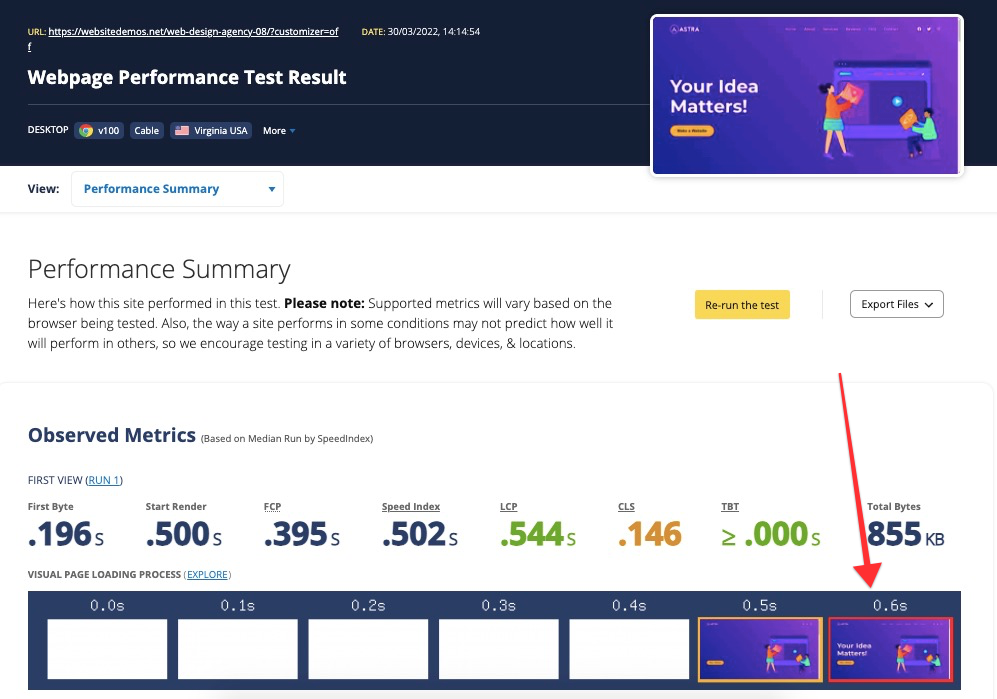
You should always check your website’s current loading time regularly. Please note that page speed varies depending on a variety of aspects, including:
- Size of your web pages,
- The number of requests it sends,
- Whether your web pages are cached or not,
- Location of the hosting server & your visitors, and
- Type of hosted content (static or dynamic).
A website’s homepage is frequently used as a metric for measuring load time. The following 4 tools are widely used throughout the internet to check a website’s speed:
- WebPageTest.org
- Tools.Pingdom.com
- PageSpeed Insights
- IsItWP Speed Test Tool
Even after using website speed tools, be sure to test again. It’s preferable if your site loads in less than 2 seconds.
If you can make it even faster, that’s an added advantage. Every millisecond counts when it comes to reducing the time it takes for your website to load.
How To Speed Up WordPress?
There are so many proven methods on how to speed up WordPress sites that are widely used by WordPress experts.
I’m going to share with you an ultimate guide of 15 Easy Ways to Speed Up Your WordPress Site in this section. Let’s focus on all these exclusive tips! Do not forget to implement them after reading this article.
1. Optimize Images
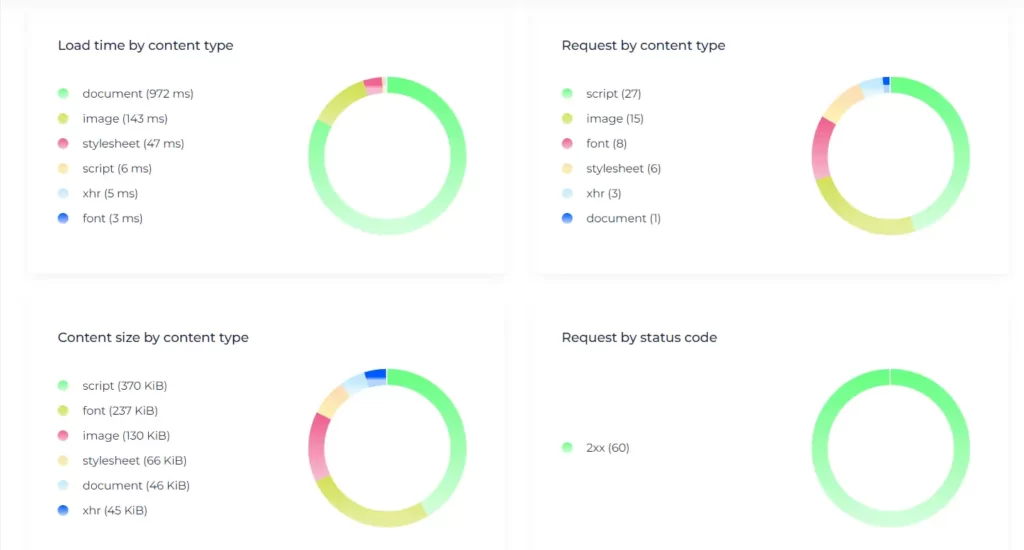
Your content will be more appealing and more likely to be shared if you include images. According to studies, adding colourful images increases the likelihood of visitors reading your content by 80%.
However, if your photos aren’t optimized, they could do more harm than good. In fact, one of the most common performance issues we notice on novice websites is non-optimized graphics.
The majority of a webpage’s size increase comes from images. The difficulty is to compress the graphics without sacrificing their quality.
Manually optimizing photos with the Chrome PageSpeed Insights plugin, Photoshop, or any other software or tool will take quite a long time.
Thankfully, there are WordPress plugins for almost anything you can imagine, including image optimization. The following plugins are a few that are worth mentioning:
- WP Smush
- Optimole
- EWWW Image Optimizer
Using any of the plugins listed above on your WordPress site can substantially reduce picture sizes, resulting in a fast-loading website.
2. Update WordPress & All Plugins
Managing a WordPress site necessitates regular updates to the platform. WordPress receives regular updates since it is an actively managed open-source project.
Each update doesn’t add new features every time but also fixes security and bug issues. The WordPress theme, as well as plugins, will also need to be updated on a regular basis.
All WordPress sites, themes, and plugins must be kept up-to-date at all times by their owners or administrators. If they don’t, their website may become slower and unstable, as well as subject to cyber threats.
3. Use A Fast WordPress Theme (Astra)
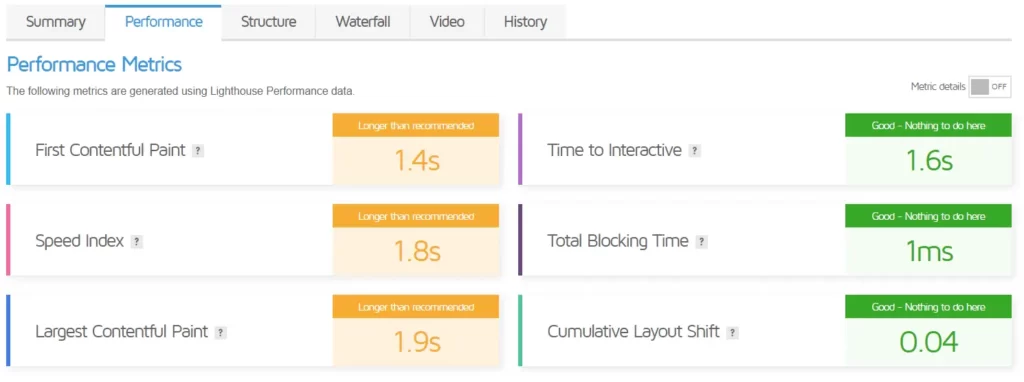
Along the same lines as plugins, the active & attractive WordPress theme you are using right now may be causing an extra load on your web server.
High-resolution visuals and effects may look appealing, but they come at a price. Many themes are designed inefficiently, which increases file sizes and slows page load speed.
The best solution is to apply lightweight themes to your website. One option is to use one of the WordPress default themes.
Another option is to choose Astra, which is one of the lightest WordPress themes available in the market.
You may see these great results after using Astra the fast-loading WordPress Theme As mentioned below.
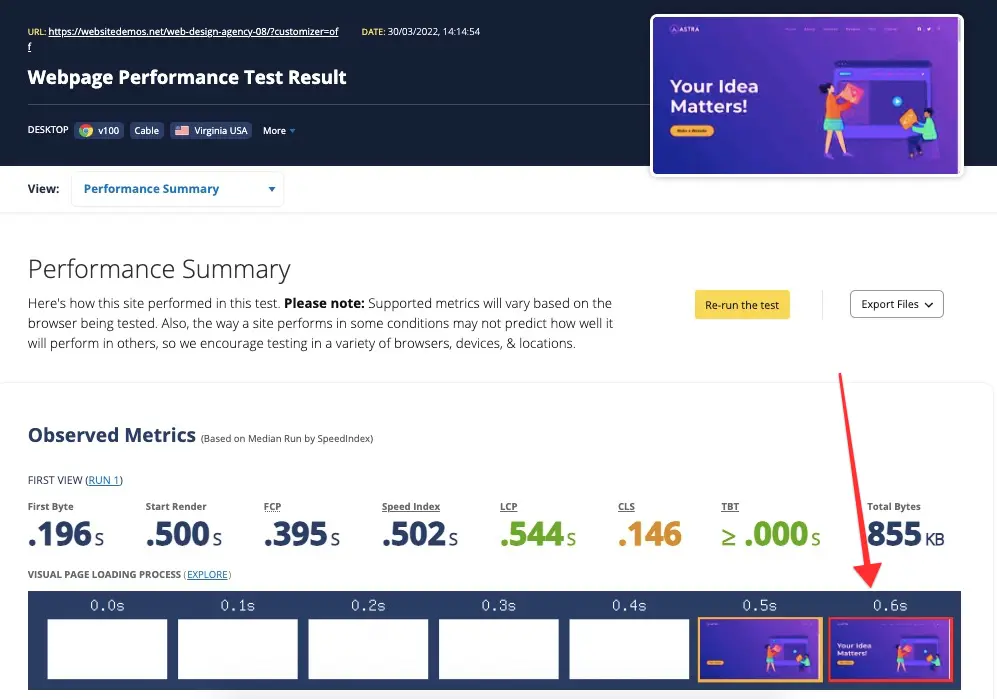
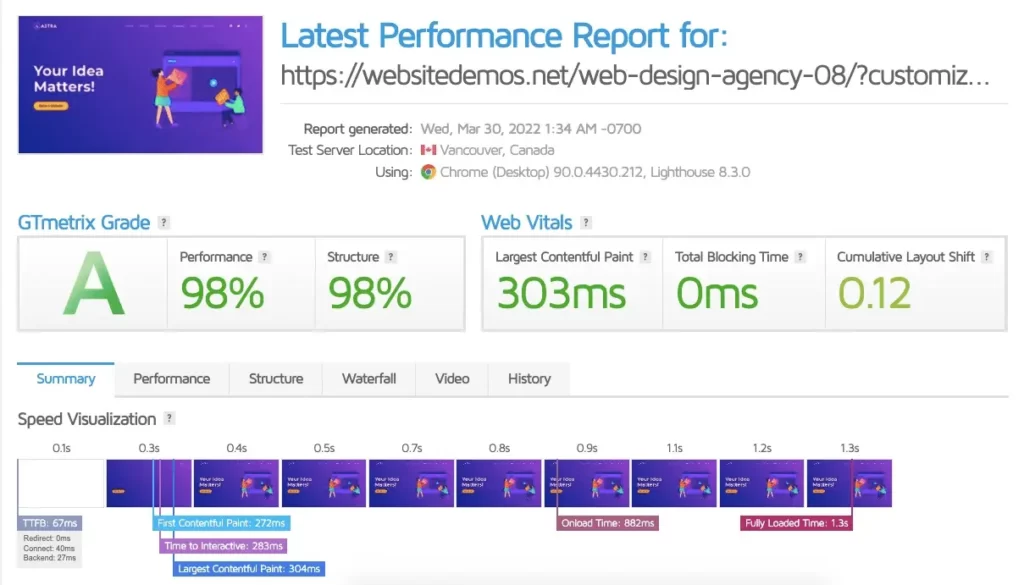
4. Use A Caching Plugin
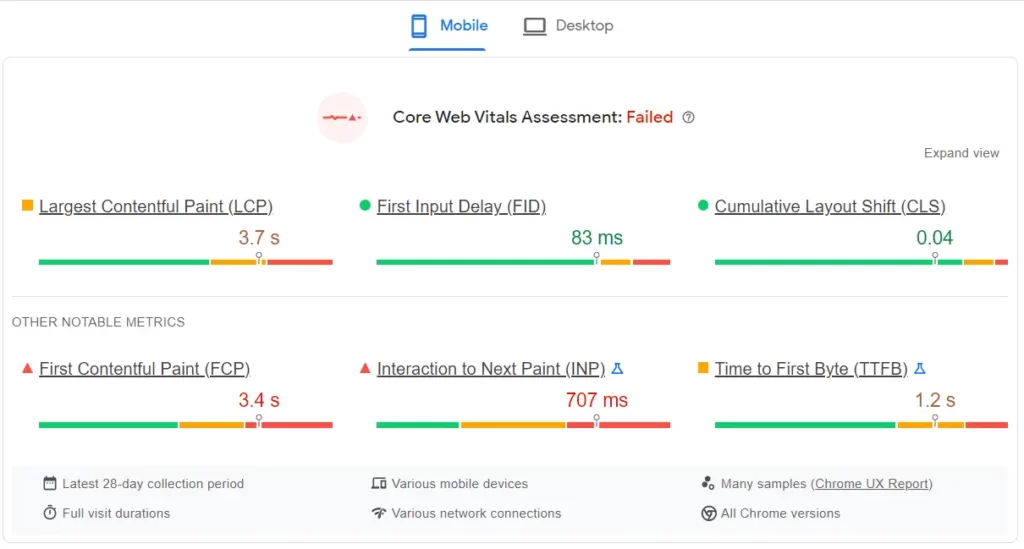
WordPress pages are dynamic, which means they are generated in real time whenever a user views a post or page.
WordPress runs a procedure to find & collect the necessary data, integrate & assemble them, and present it to the visitor as a dynamic web page.
This procedure has a lot of phases, and it might cause your website to slow down if you get lots of traffic at the same time.
Because of this, we strongly recommend installing a cache plugin on every WordPress website. Caching can speed up your WordPress site by up to 5 times.
5. Delete Unused Plugins
Do you know, that each plugin acts as a type of mini-software on your WordPress website? And if you have too many plugins operating at the same time might have a negative impact on your site’s load speeds.
Even if you’re not utilizing a plugin, it’s possible that it’s using resources and performing useless functions in the background. Thus it’s better to eliminate those unused plugins.
If you find any plugins you haven’t used for a long time & won’t use again, it’s time to deactivate them. After deactivating them, go to your list of inactive plugins and delete the ones you don’t require anymore.
6. Minify CSS and JavaScript
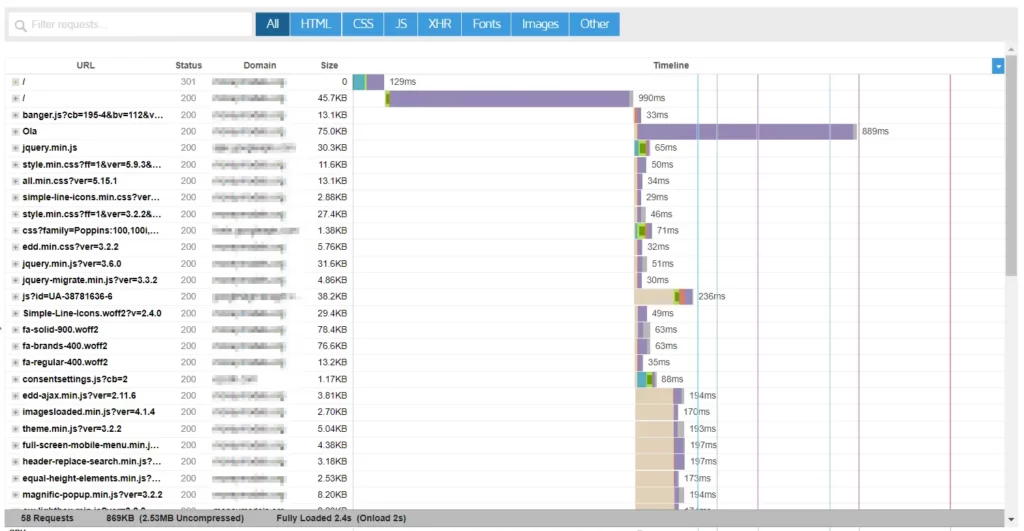
CSS & JavaScript are essential to your site’s success; they take your pages beyond the confines of basic HTML.
However, every time a visitor opens a page, these files are always transferred from your cloud server to an internet browser.
So, if you can make these files smaller without changing how your site looks or how it works, your pages will load faster.
You can use a free WordPress plugin Autoptimize to analyze your CSS and JavaScript files, eliminate needless code (for example, spaces, commas, and comments), and compress the files down to the level they can load quickly.
7. Enable GZIP Compression
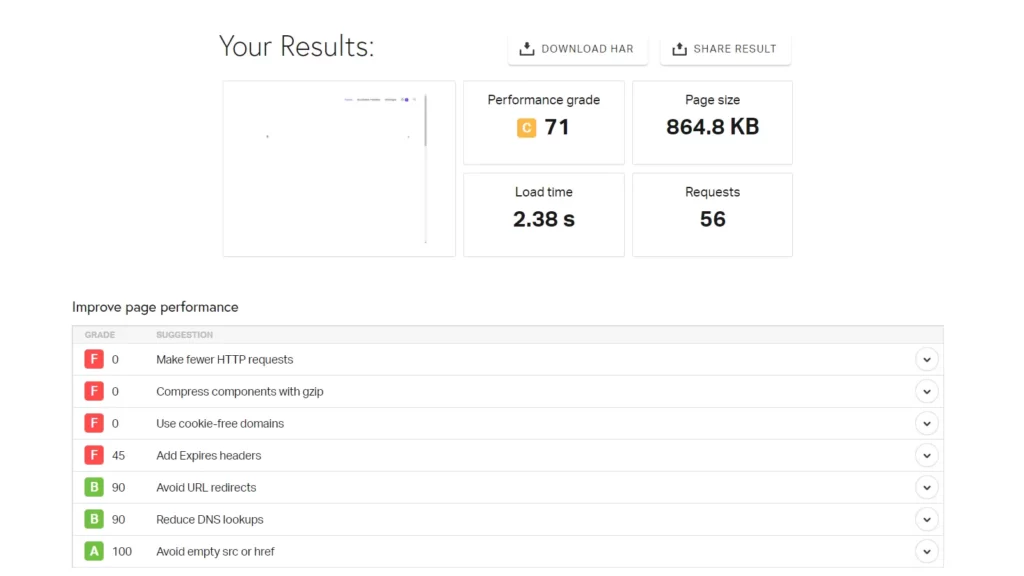
You may save a lot of space on your personal computer by compressing files. We utilize GZIP compression for the web in the same way.
This technique will significantly minimize bandwidth use as well as the time it takes to visit your site. GZIP compresses data such that a visitor’s browser must first unzip the website before opening it.
By carrying out this procedure, the amount of bandwidth that is being used is significantly reduced.
GZIP compression may be activated on your site using a number of plugins. It’s a popular feature of performance optimization plugins that makes the process as easy as clicking a box.
You may either use a plugin like PageSpeed Ninja to enable GZIP compression, or you can add the specific codes to your .htaccess file.
8. Leverage Browser Caching
When your cloud server sets up HTTP headers to provide a cache expiration period, it also sets up browser directives for how far the website should be stored in the visitor’s browser.
This enables your visitor’s browser to download your website’s components (such as CSS, JavaScript, and graphics) from their local drive rather than from the internet.
Because the browser will make fewer network connections as a result, your website or its pages will load faster for them.
It’s also essential to add an expiration date in your HTTP headers so that the browser understands when to get content from the network instead of their local system.
9. Use a CDN (Content Delivery Network)
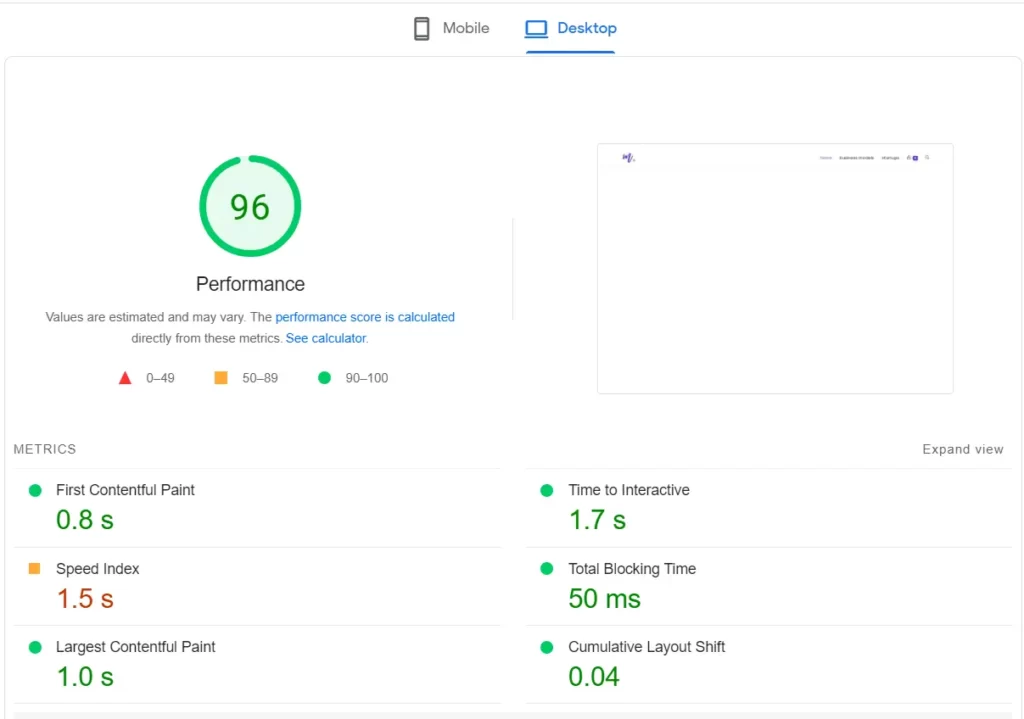
A content delivery network (CDN) is a global network of servers around the world. The static files that build up your website will be stored on each server. Your website’s JavaScript, CSS, and imagery files are duplicated on each server.
When a visitor visits your site and requests a page, the nearest server transmits these files to their computers or devices.
A CDN extends your website’s worldwide reach and ensures that all users, near and distant, get the same level of loading speed.
CDNs are simple to set up and maintain on any WordPress website. Your hosting company will most likely include a CDN as part of your package or as a paid add-on, and your CDN will handle all content distribution for you.
Cloudflare, StackPath, and Sucuri, in addition to Bunny CDN, are some CDN solutions that come highly recommended by our team.
10. Minimize External Scripts & HTTP Requests
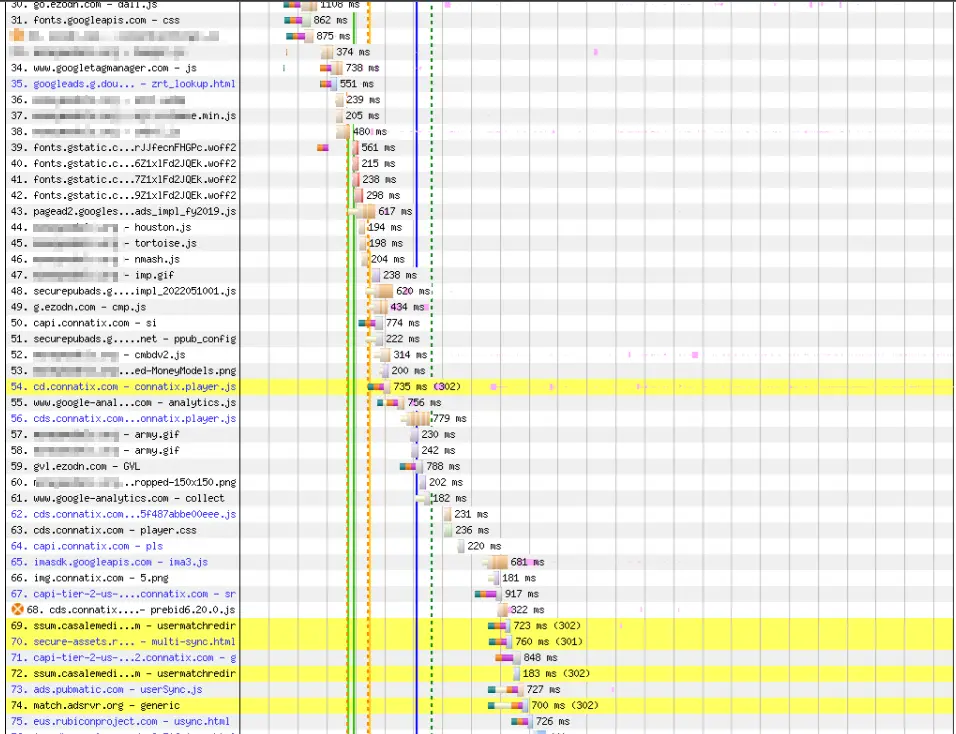
External scripts are the code files that are used by your website but are not hosted on your own server.
External scripts add a significant amount of data to the total loading time of your web pages. As a result, it’s advisable to embed a limited amount of scripts, like Google Analytics to track traffic & Disqus to manage comments.
Disabling scripts & styles, or unifying them into one file, will minimize the number of external HTTP requests.
11. Use Lazy Loading
The items farther down on your website are not loaded until the user scrolls down to read or view them, this is referred to as ‘Lazy Loading.’
You may also use lazy loading if your WordPress site has a lot of pictures. Lazy Loading is a great time saver for one-page sites or sites with a longer home page.
This helps your site to start loading faster by avoiding rendering all of the elements of your large page at once.
12. Host Video Offsite
Videos are a brilliant way to keep your visitors engaged, so don’t ignore them. However, they take up more space and might significantly slow down your page loading speed.
But do you know that even storing a single video on your server might have a major negative impact on your site performance?
Thus you must use a third-party video hosting platform like YouTube, Vimeo, or Wistia, instead of hosting videos in your WP media library.
These platforms take care of the video storage for you, so all you have to do is embed the video on your website. There will be no difference for the visitors as they will get the same video at the same place.
A long-running WordPress site is likely to have an abundance of outdated and useless files in its database that are no longer relevant or useful.
These files may consist of spam comments, residual data from outdated themes & plugins, old & non-existing users, unpublished articles, as well as old media files. They take up storage space and burden your server unnecessarily.
Thus you should consider Plugins like WP-Optimize or WP-Sweep, they will audit your files and remove everything that isn’t necessary.
However, you can also delete unnecessary media files from your WordPress media library manually but this may take some extra time.
14. Use A Reliable Host
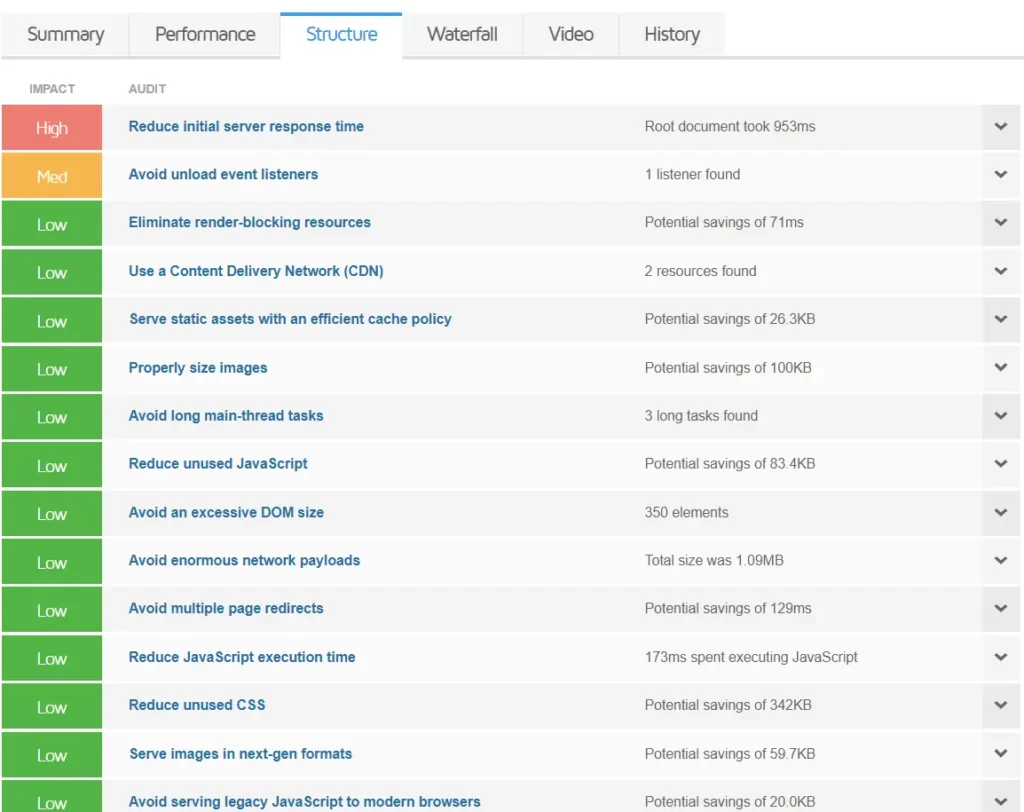
A WordPress website must have reliable web hosting in order to function efficiently. It’s critical that you select a hosting provider with a premium plan that fulfils your bandwidth, performance & other requirements.
WordPress websites can be hosted with the following hosting types:
- Shared Hosting
- Dedicated Hosting
- Virtual Private Server (VPS) Hosting
- Managed WordPress Hosting
Most of the hosting companies provide all these hosting options from their platforms. You can select anyone as per your preference or requirements.
If your website gets a lot of regular traffic and has a huge amount of content, you must look for a Dedicated, VPS, or Managed hosting package from a reliable hosting provider.
You can go with any of the trustworthy hosting companies such as FastComet, GreenGeeks, Hostinger, Cloudways, Rocket.net and so on.
15. Other Reliable Methods Of Your Choice
There are also some additional but proven ways to speed up your WordPress website. We are listing them below. Put your intelligence here to analyze your situation and follow them.
a) Turn Off Pingbacks And Trackbacks
Pingbacks and trackbacks are two WordPress features that notify you when a link is posted to your blog or website.
Leaving pingbacks and trackbacks enabled might put an unnecessary load on your server’s resources. This feature is also frequently used when DDoS assaults are conducted against a website.
b) Split Long Posts Into Multiple Parts
If you’re producing long-form content with a lot of pictures or illustrations, your loading speeds may suffer.
Thus you should consider breaking up your lengthy content onto many pages instead.
c) Limit Comments Per Page
While it’s great to have so many people read your blog content and comment their opinions. But a lot of comments might slow down the page load speed.
So, here is an idea, do split the comments section into pages so that they load faster.
Conclusion To Speed Up WordPress Website
Now it’s time to conclude this entire article which you can also call as an ultimate guide to speed up the WordPress website.
I hope that this article has informed you to increase the speed and efficiency of WordPress sites, in the best & easiest way.
Do not hesitate to implement these methods on your website. Do remember to test the speed of your website before and after you follow these recommended tips.
You’ll be amazed how much better your WordPress performance will be after making these modifications.
The most significant benefit of reducing your website’s loading speed is that it will drastically enhance your visitors’ experience.
Whether they are accessing it via their mobile devices or PCs, the performance will always be excellent. It will also help you rank higher in the search results of different search engines (SERPs).
Finally, you will enjoy huge traffic, higher ranking, positive feedback and also the Bigger CASH as a perpetual income.



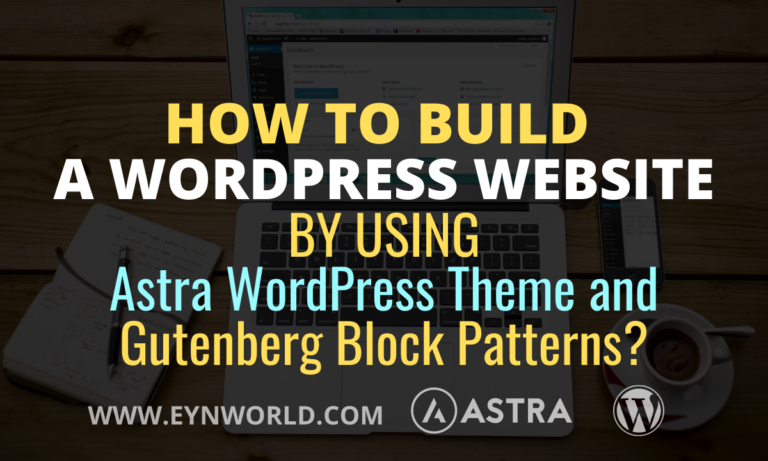
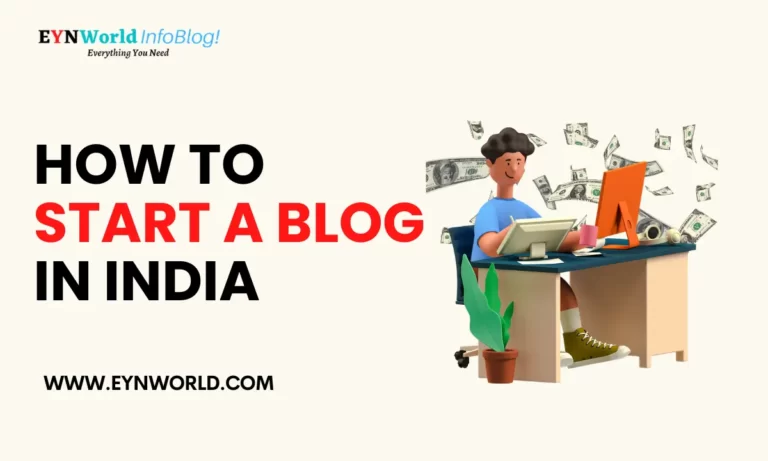
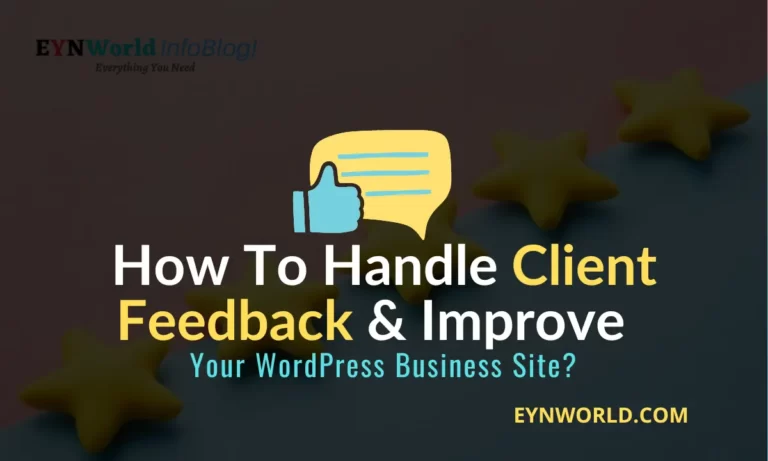
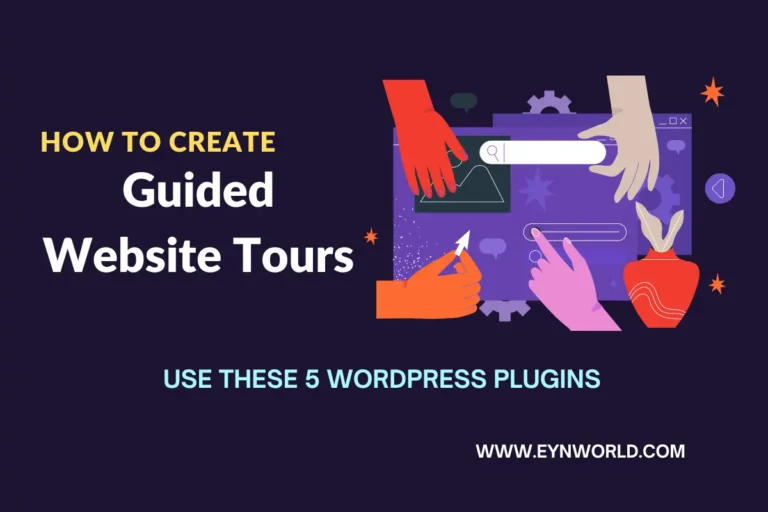
Nice i really enjoyed reading your blogs. Keep on posting. Thanks